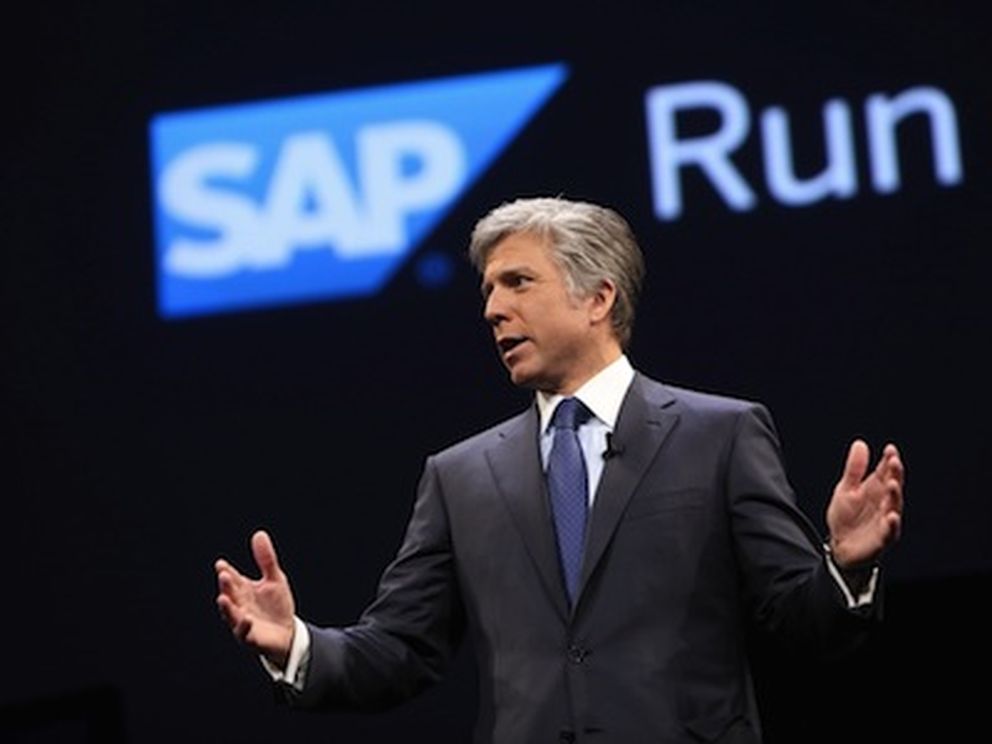When Ingram Micro Cloud Summit 2018 kicks off next week in Florida, the conference will highlight the ongoing evolution of cloud distribution services.
For most MSPs and VARs, getting started with Ingram Micro Cloud nearly a decade ago meant using the distributor's marketplace to source Microsoft Office 365, cloud backup, security and perhaps a few MSP utilities. The distributor's cloud was mainly a portal for sourcing, activating and billing third-party SaaS applications.
Fast forward to present day. Ingram has evolved. Partners have evolved. And so, too, have Ingram's rivals. Traditional giants like Tech Data and Synnex are still on the scene. Upstarts and potential disrupters like Excel Micro and Pax8 have gained traction with MSPs. And reselling Office 365 is old news.


The bigger opportunities now involve integrated vertical market SaaS suites, infrastructure as as service (IaaS) and application performance monitoring (APM) of cloud workloads. At the same time, enterprise-class SaaS companies are coming down-market into the channel.
Indeed, SAP CEO Bill McDermott is set to speak at the Ingram event. It should be a timely conversation, considering partners drive the vast majority of SAP's small and midsize enterprise (SME) businesses. Similarly, Workday Co-President Phil Wilmington also is scheduled to speak. Listen closely, and you may hear about Workday's focus on an ISV software partner platform, though I don't know that for sure.
Microsoft Channel Chief Gavriella Schuster and VMware COO Sanjay Poonen also will be on hand. I don't know what they'll cover, but I'm hopeful it will involve partner opportunities around Microsoft Azure and VMware Cloud for AWS, respectively.
What Is Ingram Micro Cloud 4.0?
Even amid all those guest speakers, the event spotlight surely will shine brightest on the conference host -- Ingram. No doubt, the cloud services journey has been a long but rewarding one for the distributor. From where I sit, it looks something like this:
Ingram Cloud 1.0 (2007-2010): The journey started more than a decade ago, when a small group of Ingram executives and perhaps even a consultant or two told the distributor's board to invest hard in the cloud. The boardroom-level meetings triggered a green light. First, Ingram built an MSP-oriented partner program (under the former Seismic umbrella). Then came a more formalized cloud push.

Ingram Cloud 2.0 (2010-2014): Renee Bergeron arrived from Fujitsu in 2010, and became a consistent voice for the company's cloud-oriented partner programs. Ingram vetted dozens of third-party SaaS applications for the cloud push, and also emerged as one of Microsoft's top Office 365 partners.
Ingram Cloud 3.0 (2015-2017): Ingram took control of its cloud destiny, acquiring underlying software platforms like Odin from Parallels along with the Ensim -- which also supports third-party CSPs and VAR storefronts. As Ingram put it: Ensim’s “end-to-end” cloud platform offers modules that allow channel partners and service providers to set up marketplaces, storefronts, subscription management, service catalogs, ticketing, provisioning automation, usage collection, rating, recurring billing, invoicing, and payments, the company says.
Ingram Cloud 4.0 (2018-Beyond): Now, we arrive to my 4.0 thesis -- which involves Ingram partners building their businesses on the cloud, rather than merely reselling SaaS services. It will also require a more formalized IaaS strategy -- especially as established rivals and upstarts move into the cloud distribution market.
How strategic is the cloud to Ingram at this point? Here's a hint: CEO Alain Monié may even weigh in on the conversation next week...
Ingram vs. Rivals: Cloud Distribution's Future
I don't know Ingram's current cloud revenues, but they may emerge at the conference. Based on ChannelE2E's earlier reporting here are some metrics and clues to keep in mind:
- Ingram’s cloud revenues were about $200 million and roughly doubling annually at the end of 2015. Fast forward and I wonder if that growth rate delivered $400 million at the end of 2016. As for 2017? I'll push for answers at this year's conference.
- As of November 2016, Ingram had more than 10 million cloud seats under management, Bergeron said at the time. We'll push for updated figures -- at least through the close of 2017 -- next week.


No doubt, Ingram's cloud business has continued to grow. But so has the competition.
When Tech Data acquired Avnet Technology Solutions last year, the deal included Avnet's strong start in the IaaS partner market. So how did Ingram respond? The company hired Avnet veteran Tim FitzGerald -- the very person who architected Avnet's IaaS strategy. Also new to the party: AppDirect veteran Richard Dufty joined Ingram in mid-2017 as senior VP of the global cloud platform. It's a powerful, well-respected team.
Still, competition certainly looms. Tech Data continues to gain its own momentum and recently extended cloud services into India. Also, Synnex has some intriguing cloud relationships -- including momentum with Docker, Google G Suite, Microsoft Office 365 and Red Hat.
On the startup front, Pax8 has emerged as a true cloud distribution contender. Among Pax8's recent moves: Building a Lego-like system that allows partners to mix and match SaaS offerings from multiple vendors. Also, an upgraded Pax8–ConnectWise integration allows MSPs to choose how they want to bill their customers — for instance, in arrears or forward in a recurring-revenue, SaaS style, the cloud distributor says.
AWS Marketplace vs Ingram Cloud Marketplace
Meanwhile, the Amazon Web Services Marketplace has emerged as a potential disrupter. The warning shot arrived in 2016, when Amazon launched SaaS billing -- a quiet but strategic assault on traditional distribution, as ChannelE2E pointed out at the time. Fast forward to present day, and "The Amazon Effect" is coming to the channel, The 2112 Group recently warned.
Of course, Ingram has its own cloud marketplace. And the company has a loyal partner base featuring thousands of MSPs and VARs. The potential danger involves ISVs and upstart cloud MSPs going directly to AWS to promote and/or source everything.
Ingram knows it. Workday knows it. Microsoft knows it. SAP knows it. And that's why all eyes will be on Ingram Micro during the company's cloud summit.
Media folks like me arrive every year, wondering if the cloud will disrupt distributors and partners. And channel folks like Bergeron respond in kind with the latest Ingram Cloud adoption figures. Frankly, they've yet to disappoint.




